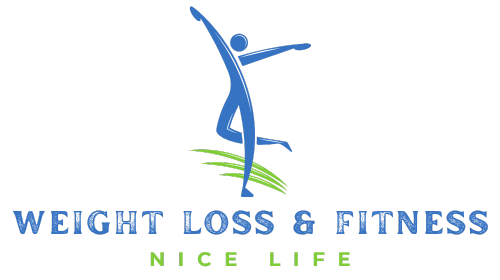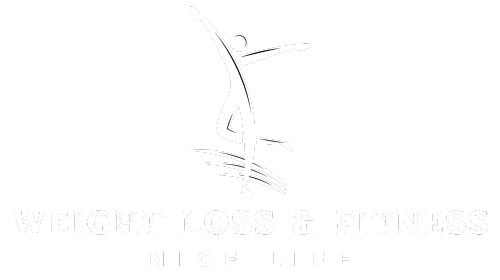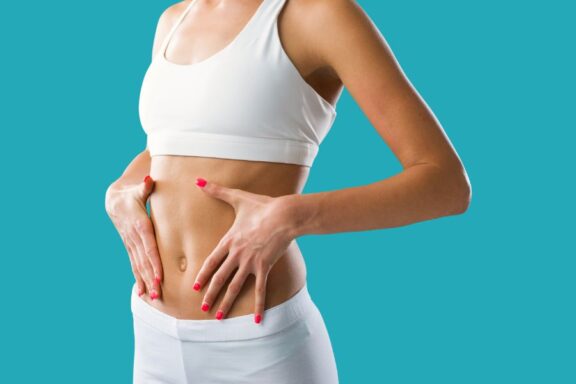Fitness and nutrition are inseparable companions, each playing a crucial role in your overall well-being.
The food you consume and the timing of your meals can significantly impact your exercise performance, whether you’re engaged in a competitive event or simply pursuing a casual workout routine.
The intensity and duration of your chosen physical activity determine the optimal diet and eating schedule.
Paying close attention to your snacks and meals can offer remarkable benefits during your fitness sessions, boosting your overall performance.
One fundamental aspect is starting your day with a healthy breakfast. If you plan to work out in the morning, it’s essential to wake up early enough to allow for a nourishing breakfast beforehand.
This might entail rising one or two hours earlier than usual to adequately fuel your body for the upcoming workout.
Typically, your blood sugar levels are lower in the morning as your energy reserves from the previous night’s dinner have been depleted.
By skipping breakfast before exercising, you may experience feelings of dizziness or lethargy during your workout.
If you intend to engage in physical activity within an hour after breakfast, it is advisable to opt for a lighter meal or consume a beverage that can elevate your blood sugar levels.
Carbohydrates are particularly beneficial in the morning as they provide a source of sustained energy.
Bananas, whole-grain cereals, juice, low-fat milk, and whole grain breads are all excellent choices for a nourishing breakfast.
It is crucial to be mindful of the quantity of food you consume prior to exercising. As a general guideline, if you’re planning a substantial meal, try to finish it at least 3 to 4 hours before your workout.
For lighter meals, aim for a consumption window of 2 to 3 hours, while a small snack should be consumed approximately one hour before commencing exercise.
Consuming too much food just before exercising can lead to stomach discomfort or a sluggish feeling.
On the other hand, insufficient food intake may leave you lacking the necessary energy to sustain a vigorous workout. In both cases, you risk falling short of unlocking your full fitness potential.
The role of snacking should not be overlooked. Some individuals prefer consuming small snacks both before and during their workout sessions.
The key here lies in listening to your body and identifying the foods that work best for you.
If you consume a snack immediately before your workout, it may not provide a significant energy boost.
However, it can help maintain your blood sugar levels during exercise.
Optimal snack choices include granola bars, yogurt, energy drinks or bars, fresh fruits or bananas, crackers with peanut butter, whole grain bagels, or fruit smoothies.
If you’re working out several hours after a meal, a healthy snack becomes even more crucial in replenishing the energy needed for your exercise routine.
By consuming appropriate foods at the right times, you can effectively optimize your energy levels and extract the maximum benefits from your workouts, propelling you closer to achieving your fitness goals.













No Comments